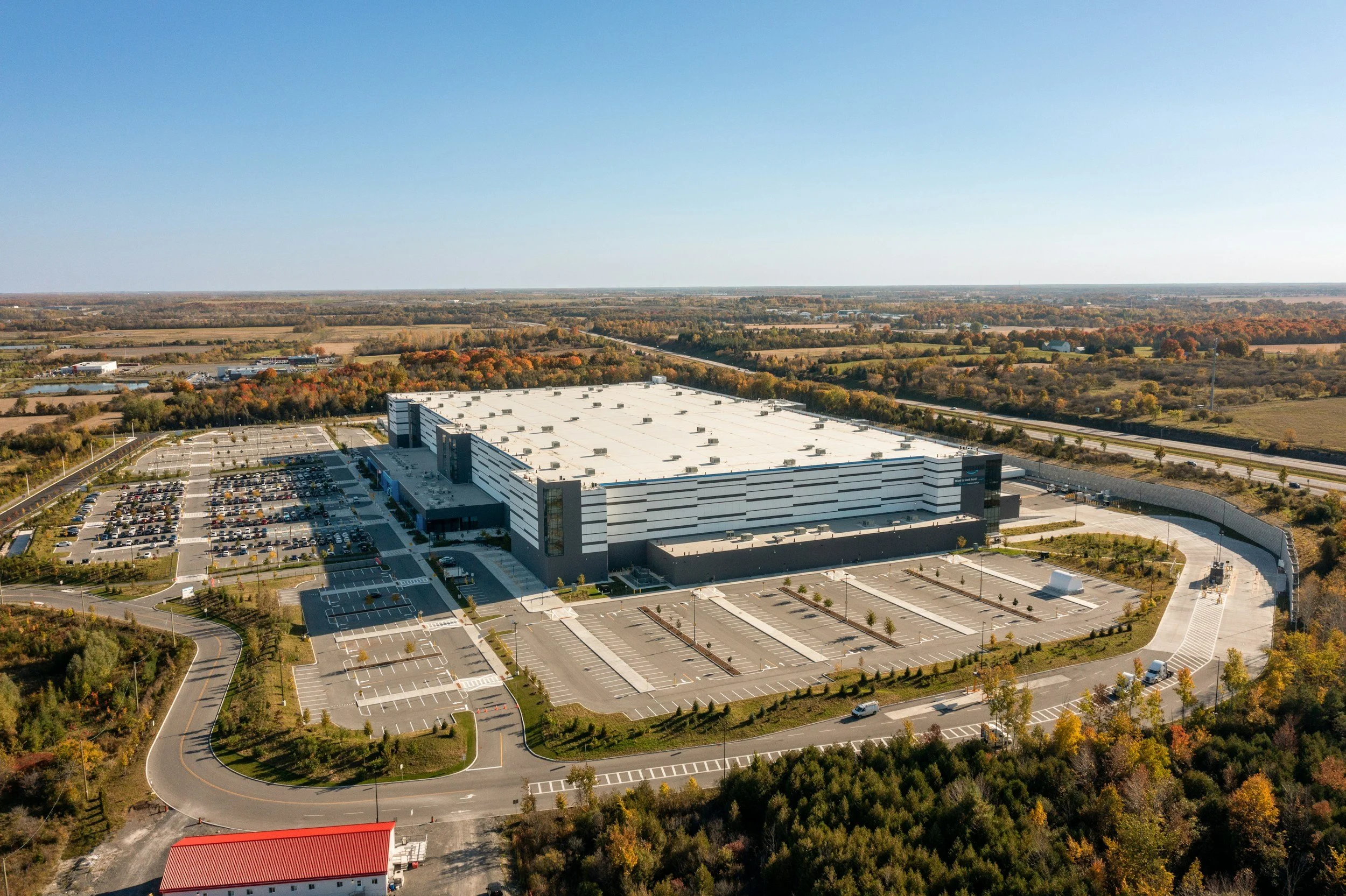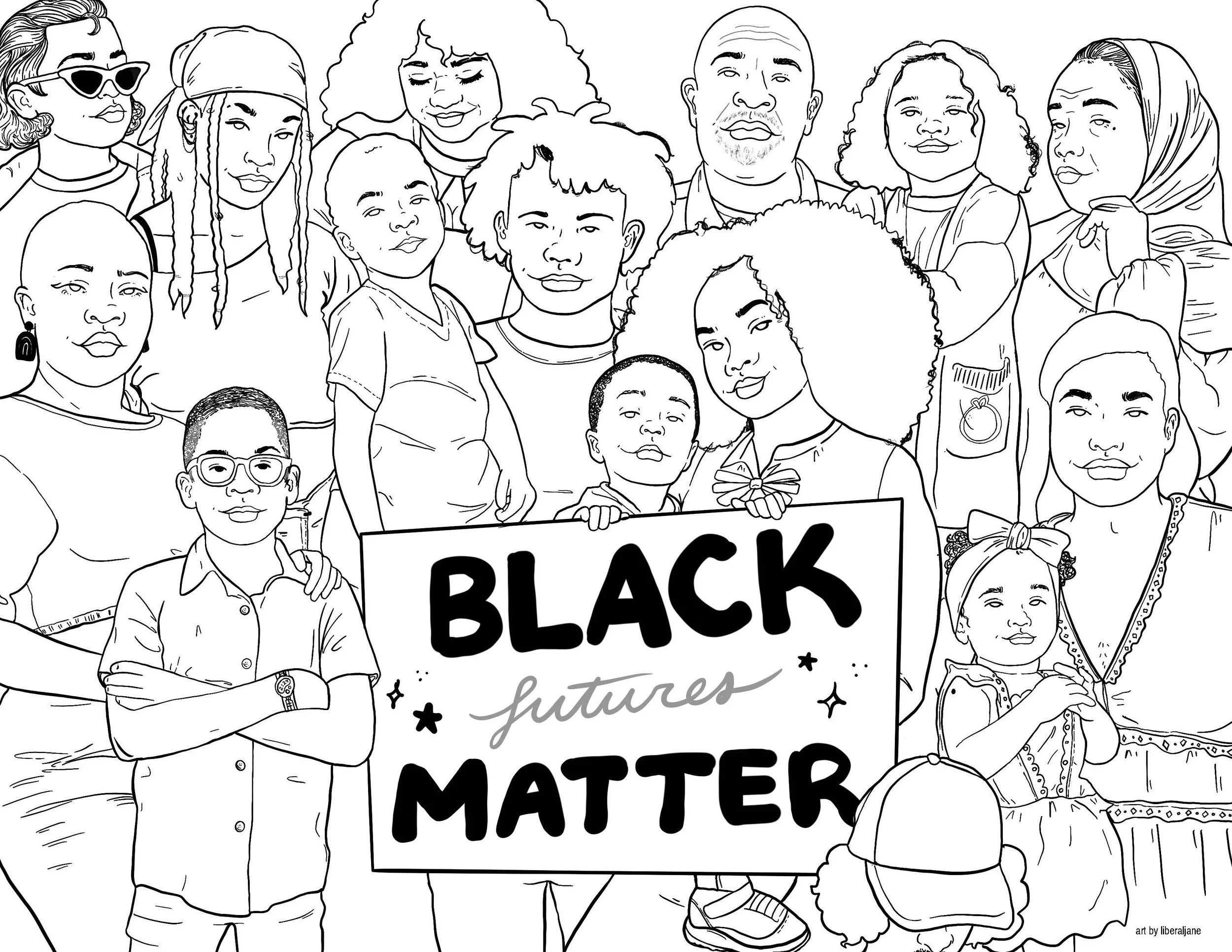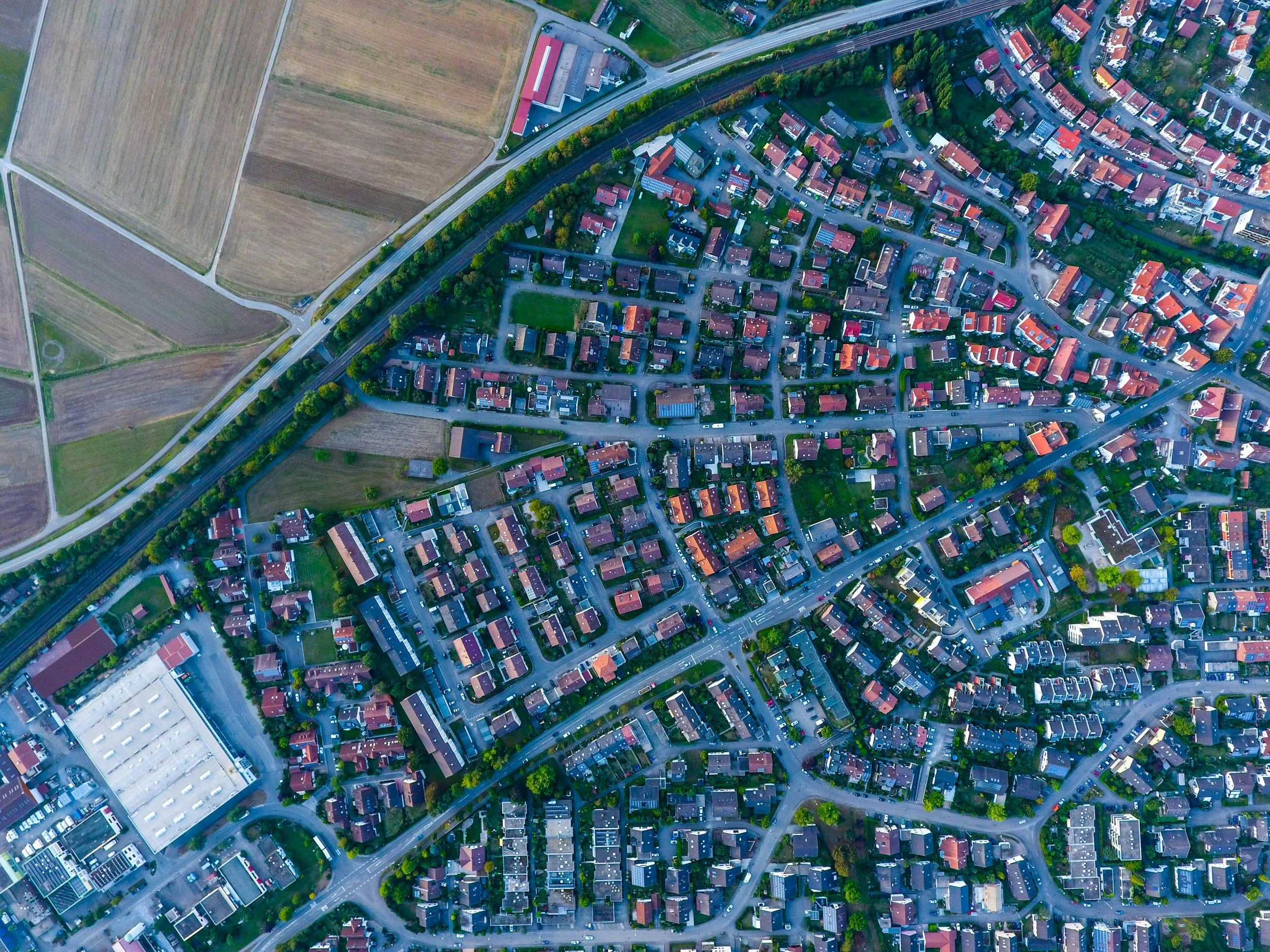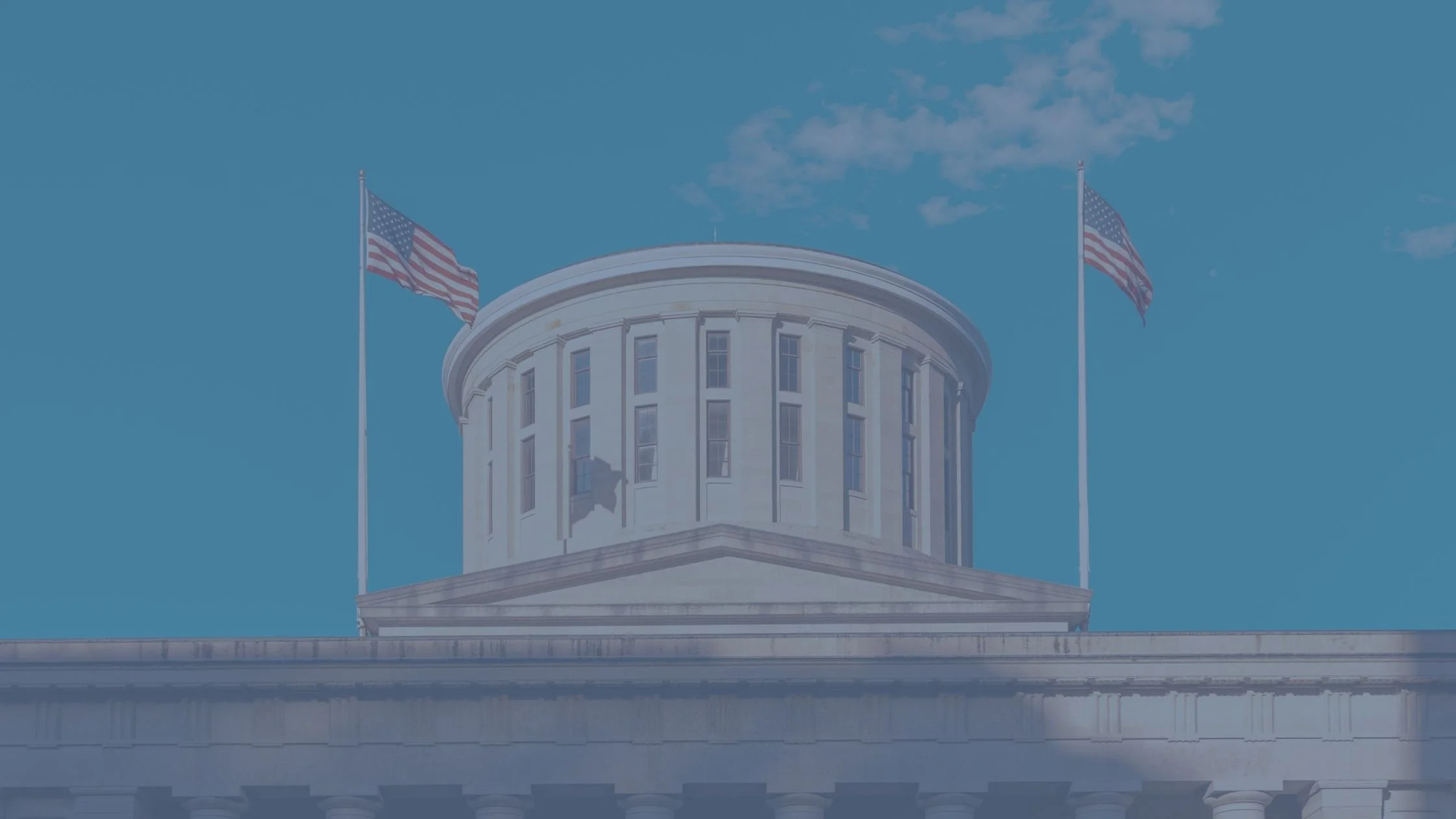“It is up to us, a small rural community, to stand up and fight to preserve fresh clean water, critical habitat, and for the economic and environmental health of our community.”
When I moved to Virginia after college in 2016, I wanted a quiet neighborhood to call home, close to work and family. After the data center arrived, everything changed. I can’t bring myself to leave, even though I no longer see myself starting a family here. Over the past decade, I’ve built a support network, advanced my career, and remained close to relatives who depend on me. Every weekend, I watch my nephews, who go to the local elementary school just down the road. They notice the changes too, though they cannot comprehend their implications. Now, I feel stuck and unsure what to do.

Environmental justice exists because Black communities have always organized for clean air, safe water, healthy homes, and dignity. From fighting toxic dumping to defending land, housing, and public health, Black environmentalists have shaped the movement—often without recognition. We must thank Black leaders for addressing the interconnection between civil rights, labor safety, housing, and environmental health—their advocacy continues to shape how environmental law understands equity, participation, and accountability today.
Check out this blog for some fun resources, including a zine to print and share with your community!

Residents throughout Pennsylvania, Ohio, and West Virginia, are raising the alarm as new data centers, warehouses, and industrial facilities move in rapidly leading to public concerns surrounding noise, water, and power-usage. How is this happening so fast? Too often, municipalities approve these developments through quiet but completely legal rezoning processes. Many communities are left wondering: Can zoning rules really be changed that easily? Why don't we know about it? How can we get involved before final decisions are made? How does this work, and is there anything I can do about it?
Here's how the zoning process works, how municipalities change their zoning maps and codes, what the legal requirements are, and how you can better advocate to protect your community from these unwanted changes.

In H.B. 96, the Ohio General Assembly snuck anti-environment provisions into the bill at the last minute that removed important protections for Ohioans who want to file complaints against polluters while also invalidating community air monitoring data. These statutory changes have no relationship to Ohio’s budget and thus violate the Ohio Constitution’s requirement that all legislation include only one subject.

Have you ever gone for a walk outside, heard the birds, and felt it clear your mind? Even lift your mood? There's a reason why people say they need to "get outside" – our surroundings have a profound impact on the way we think, feel, and cope with our situations. But what is the effect when those surroundings are polluted, neglected, or even unsafe? Our environment impacts more than just our physical health; it has a substantial impact on our mental health too.








